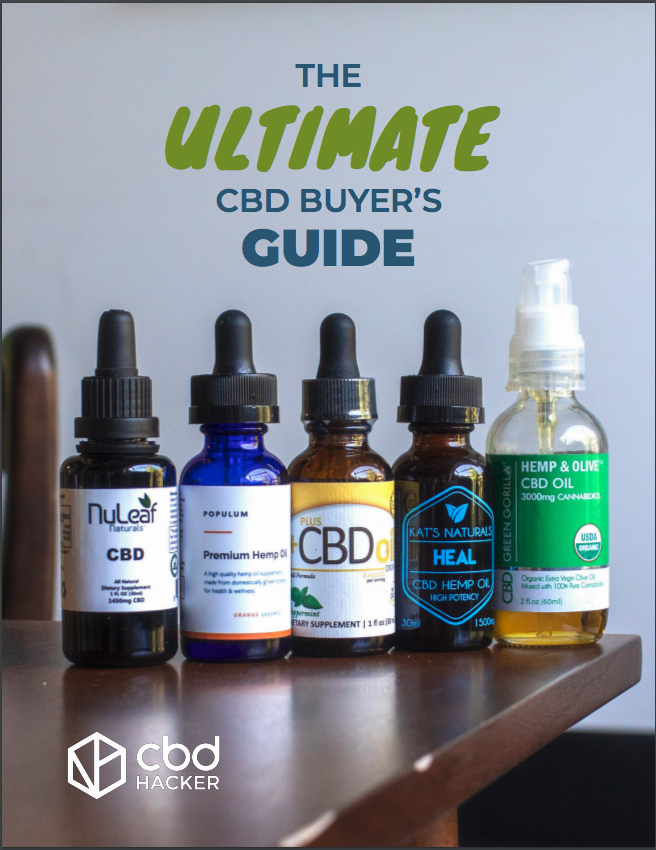Addiction and substance abuse are serious problems—in fact, nearly one out of every ten Americans is addicted to a substance like alcohol, cocaine, or opioids. And it’s reasonable to have concerns about compounds derived from cannabis. After all, organizations like the National Institute on Drug Abuse (NIDA) firmly state that marijuana is addictive. But is CBD addictive?
CBD is short for cannabidiol, and is one of a group of compounds known as cannabinoids. These compounds come from the cannabis plant, and when consumed, they affect the body in a variety of ways.
Researchers are studying CBD for the ways that it could provide relief for underlying factors in addiction—pain, mood disorders, anxiety, and more—in a way that is safe and that is not addictive. In fact, it may even help people who are addicted to other substances to quit.
How Addiction Works
Addiction can affect anyone. One person might begin using prescription opioids to manage pain when recovering from surgery, and then find it difficult to stop using them when they experience withdrawal. Another might turn to alcohol to self-medicate because of a mental health issue like PTSD, depression or anxiety. Another person could become dependent on tobacco to help them manage stress.
Addictive substances trigger a release of dopamine in the brain’s pleasure centers. Over time, the body becomes dependent on the substance, and will experience withdrawal symptoms if a person stops using it. This cycle of pleasure and withdrawal leads the person who is using the substance to crave it and seek it out compulsively, even when they know that it has negative consequences in their life.
What Makes CBD Different?
CBD is unlike any addictive substance. Because it does not produce an excessive release of dopamine, it cannot get you high. This means that the euphoria associated with opioids, or the intense relaxation that nicotine causes, are not present when you use CBD.
The scientific community’s current understanding of CBD is that it works to balance the levels of neurotransmitters in the brain. If there is too much of one neurotransmitter, CBD will help to lower it, and if there isn’t enough of another, CBD will help bring it up to a healthy level.
It’s also important to note that when you stop using CBD, there are no withdrawal symptoms. NIDA has even taken a stand in favor of CBD, saying, “CBD appears to be a safe drug with no addictive effects, and the preliminary data suggest that it may have therapeutic value for a number of medical conditions.”
Can You Develop a Tolerance to CBD?
With drugs like opioids, developing a high tolerance is dangerous in part because a high enough dose can kill you. However, there is no established lethal dose of CBD for humans, and researchers have found it to have a low level of toxicity.
Still, concerns about the cost of increasing dosages may lead people to worry about developing a tolerance to CBD. There hasn’t been much research on whether there is a tolerance effect for CBD in humans. For certain conditions, like chronic cancer-related pain or spasticity related to multiple sclerosis, patients did not experience increased tolerance with long-term CBD use.
Still, some people who use CBD report that they have developed a tolerance over time. In other words, they need increasingly higher doses to get the same effect from CBD. Others can use CBD for years, though, without ever needing to increase their dosage.
Some people who are concerned about developing a tolerance to CBD say that they have developed ways to prevent it. These methods could include changing their dosing schedule, taking short breaks, or only taking CBD when they need it for a specific symptom.
So, is CBD addictive? All of the scientific research and anecdotal evidence says no, it’s not. Rather, it works to promote balance and wellness for people with a wide variety of medical conditions.





